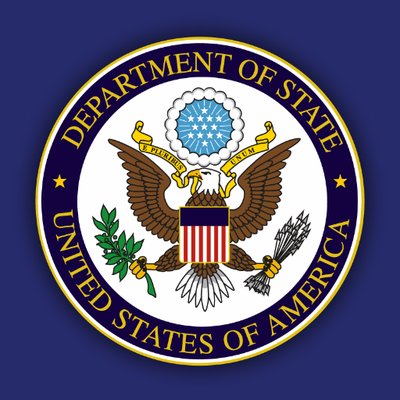On 31 March, Chinese President Xi Jinping met with his U.S. counterpart Barack Obama on the margins of the fourth Nuclear Security Summit in Washington, D.C. The 90-minute meeting represented an important attempt to stabilize bilateral relations in the U.S. election year. For months, the relationship has been talked down – mainly because of perceived disputes over the South China Sea. The Xi-Obama meeting sent a clear message: The basic tone of China-US relations remains positive; the two sides have more shared interests than differences and more cooperation than competition.
The two sides gave each other “strategic reassurances” during the meeting. China’s attitude toward the current international order is the top concern of Washington at the moment. Some U.S. scholars suggest that the “One Belt One Road” initiative and the Asian Infrastructure Investment Bank founded by China are part of a deliberate effort to build a rival international system. Xi rejected this by reaffirming China’s commitment to peaceful development and to a new type of international relations marked by win-win cooperation. He stated that China will work to uphold and improve the current international system and order built around the United Nations. On his part, Obama made it clear that the US welcomes the rise of a peaceful, stable and prosperous China and sees it as in the interest of both China and the US.
The two leaders had a sincere and candid discussion about the key aspects of the China-US relationship. They agreed to accelerate the negotiation of a bilateral investment treaty. They also mapped out the high-level interactions and regular dialogues that are to take place in the course of the year, which are expected to protect the relationship from the vagaries of US domestic politics. Xi called for a strengthening of the exchanges and trust between the two militaries as well as for more cooperation on cybersecurity, which he hoped will be a continuing highlight of China-US relations.
The two sides had an in-depth exchange of views on various international issues. In the context of the ongoing tensions on the Korean Peninsula, the two leaders called for the denuclearization of the peninsula and the comprehensive implementation of the latest UN Security Council resolution. China appealed to the relevant parties to avoid statements and actions that might aggravate tensions and to make an urgent effort to bring the nuclear issue back to the track of dialogue and cooperation.
Addressing climate change has been another highlight of China-US relations in recent years. After the meeting, the two sides issued another joint statement on the subject. The two leaders pledged that China and the US will jointly sign the Paris Agreement on 22 April (Earth Day) and committed to “take their respective domestic steps in order to join the [Paris] Agreement as early as possible this year”. The three joint statements issued so far point to the continuing expansion of China-US collaboration against climate change. It is a stellar example of the two countries’ shared contribution toward global governance and a key safeguard of the smooth operation of the new international regime launched in Paris. Despite the February ruling by the US Supreme Court to block the executive order from the Obama Administration that sought to curb greenhouse gas emissions from power plants, the latest China-US statement is particularly reassuring for other parties and a rallying call for the early signing of the Paris Agreement. Separately, the China-US summit also issued a joint statement on nuclear security, which is another positive area of bilateral cooperation.
The two leaders also discussed the state of the global economy. They recognized their special responsibility for global growth as the world’s two largest economies. They pledged a joint effort to make the Hangzhou G20 summit in September a success, one that will inject stronger momentum into the world economy.
Admittedly, the South China Sea remains a significant area of dispute between the two countries. While China seeks to uphold its sovereignty and legitimate interests, the US is bent on making it a multilateral, international and even military issue. Consensus seems elusive. However, Xi and Obama agreed in Washington to manage their differences constructively. In all fairness, Washington is inserting itself in the issue not to precipitate war with Beijing, but to maintain its dominance in the Asia-Pacific, demonstrate its presence in this strategically important region, counterbalance China and telegraph support for its allies and friends. While the differences are here to stay, it does not mean they cannot be managed — that is entirely possible thanks to the smooth channels of communication between the two sides and the recent bilateral agreement on mutual notification of major military actions and the rules of behavior for air and maritime encounters.
The bottom line is, nothing is going to stand in the way of the China-US relationship, which is headed firmly in the direction of no conflict or confrontation, mutual respect and win-win cooperation.


